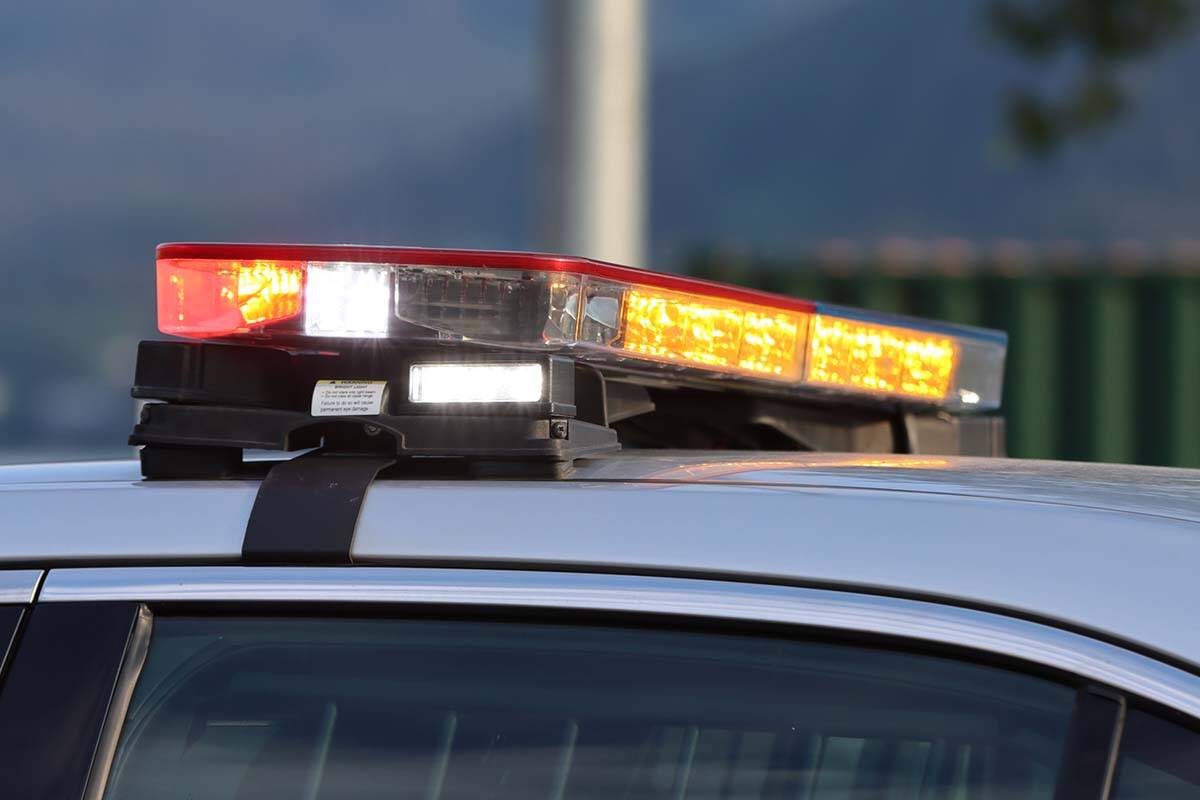A trio of bills seeking to increase penalties for sex and drug crimes was introduced Wednesday by Gov. Mike Dunleavy. But for a Juneau lawmaker who said he supports some provisions of the bills, tough ain’t enough.
The proposals classify sex trafficking and drug sales that result in overdoses as more serious offenses, and close a loophole in the state’s sex offender registry, Deputy Attorney General John Skidmore said during a media briefing before the bills were introduced.
The overdose bill, for example, would allow prosecutors to charge a person who manufactures or distributes various illegal drugs including fentanyl with second-degree murder instead of the current offense of manslaughter, raising the sentencing range to a minimum of 20 years and maximum of 99 years instead of the current range four to 20 years. It would also redefine the rules for releasing inmates early due to good behavior.
“People that are distributing drugs are not going to be eligible for good time,” Skidmore said.
The costs of the heightened enforcement are not yet specified by the departments affected, according to the yet-to-be-completed fiscal notes submitted with the bills. When asked about how the bills might increase the costs and workloads for prosecutors and public defenders — especially with public defenders in Nome and Bethel saying they will begin refusing cases due to staff shortages — Skidmore said the fiscal notes will address the cost issue and the workload issue is part of the wide recruitment and retention problems the state and private employers are experiencing.
“A number of recommendations in that legislation make sense,” but “some provisions appear to need adjustment,” said state Sen. Jesse Kiehl, a Juneau Democrat who was a member of the Governor’s Council on Human and Sex Trafficking last year. He said broad agreement is likely on the redefinition of crimes, but in terms of penalties “sometimes the desire is to make a crime the most serious thing it can be and sometimes that doesn’t always make sense.”
“The dealers who aren’t deterred by up to 20 years in prison if somebody dies probably won’t be deterred by up to 99 years in prison if somebody dies,” he said. “So the question is what are we going to do that works.”
Actions that “represent and rescue victims,” provide addiction treatment and improve housing and education in communities are among those that can help reduce criminal activity, Kiehl said.
Skidmore, noting victims’ rights are among the provisions in the bills introduced Wednesday, also said that legislation and the funding it will need doesn’t reflect separate proposals by the Dunleavy administration addressing rehabilitation and similar efforts.
The three bills and their general provisions:
— Drug overdoses (SB 64, HB 66): A two-page bill modifying the definition of second-degree murder to include manufacturing/distribution of “schedule IVA controlled substances” resulting in death, plus adding such an offense to the list of those not eligible for good time deductions. Dunleavy and Skidmore both cited a doubling of the state’s overdose death rate between 2017 and 2021 due largely to synthetic opioids like fentanyl as the motivator behind the legislation.
— Sex offender registry (SB 65, HB 67): Requires all sex offenders convicted in other states to register upon moving to Alaska, whereas current law allows some exceptions. It also simplifies the grand jury process by allowing a single person such as a police officer summarize the testimony of other witnesses, thus eliminating the need for victims to appear. Skidmore said 30 other states have such grand jury provisions, and witnesses still are required to testify and be subject to cross-examination at trial.
— Sex trafficking (SB 66, HB 68): Classifies sex trafficking as a crime against a person, making it a class B sex felony if the victim is under 18 and class C sex felony if the victim is an adult. People convicted under the law would have to register as a sex offender. The legislation also allows a person convicted of prostitution or low-level drug possession “to have that conviction vacated if the act was committed while they were a victim of sex trafficking.”
The sex trafficking bill is similar to legislation that previously failed to make it through the Legislature. Skidmore said he believes the dramatic change in this year’s Legislature, including 17 first-year House members and a Senate now controlled by a bipartisan majority rather than a Republican one, may result in a different outcome.
“That new makeup always presents new opportunities,” he said. “There can be a multitude of reasons legislation doesn’t advance and those reasons may not exist session to session.”
• Contact reporter Mark Sabbatini at mark.sabbatini@juneauempire.com

